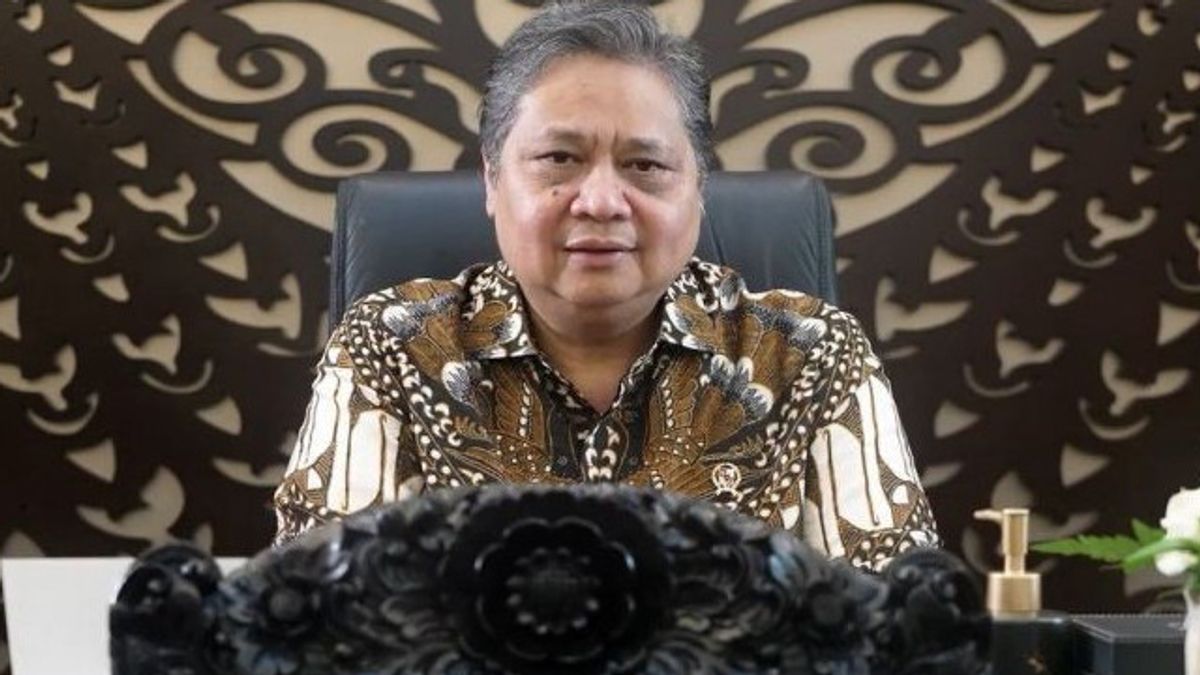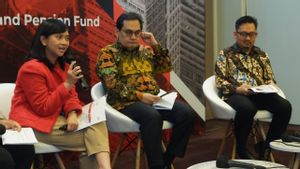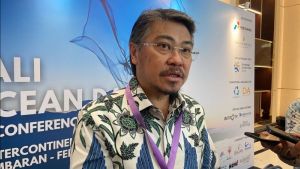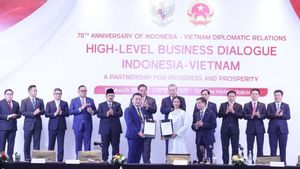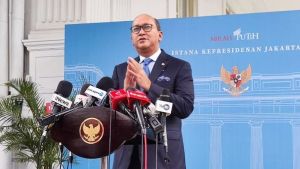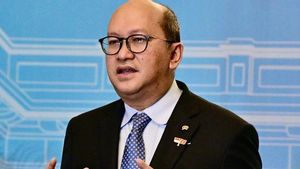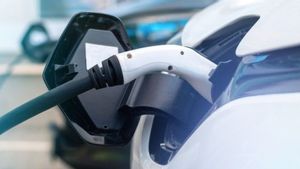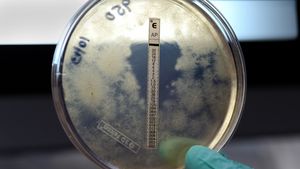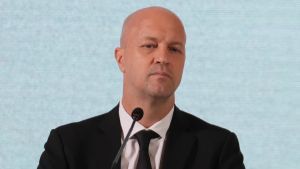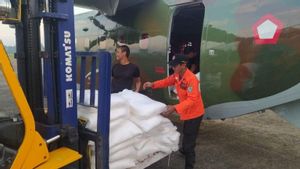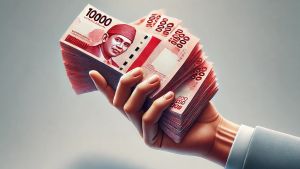JAKARTA - The Indonesian Coordinating Minister for Economic Affairs, Airlangga Hartarto, said that the green economy could become a new source of sustainable economic growth in Indonesia.
"These good fundamentals are capital for Indonesia to encourage a green economy as a new source of sustainable economic growth in the future," said Coordinating Minister Airlangga when giving a virtual keynote speech at the Katadata Sustainability Action for The Future Economy (SAFE) 2023 in Jakarta, quoted from Antara, Wednesday, September 27.
He explained that Indonesia had increased its Nationally Determined Contribution (NDC) commitment to emission reduction targets from 29 percent to 31.89 percent with its own efforts, and from 41 percent to 43.20 percent with international assistance by 2030.
Enhanced NDC is aligned with the Long Term Low Carbon and Climate Resilience Strategy 2050 and the vision to achieve net zero emissions by 2060.
Achieving this vision requires strong collaboration by various stakeholders and increases access to financial and technological solutions. Therefore, Indonesia is strengthening private sector collaboration and encouraging creative and innovative financing by establishing the Sovereign Wealth Fund - INA, the Environmental Fund Management Agency (BPDLH), and SDG Indonesia One to achieve and open investment projects, especially in the energy and agricultural sectors, transportation, and the environment.
Meanwhile, Coordinating Minister Airlangga assessed that the APBN also prioritizes projects to overcome climate change and encourage climate-friendly activities. To ensure this, the Government implements a Climate Budget Tagging mechanism at the national and regional levels which is able to track climate change budget allocations, as well as present data on activities and results.
Indonesia has also issued a carbon pricing policy through carbon trading and a carbon tax through Presidential Regulation Number 98 of 2021 concerning the Economic Value of Carbon.
"This morning President Joko Widodo launched the Indonesian Carbon Exchange which is supervised by the OJK through the Indonesian Stock Exchange and this is a breakthrough for the voluntary carbon exchange," said Coordinating Minister Airlangga.
Indonesia is introducing demand-side incentives to accelerate the new and renewable and environmentally friendly energy sector, including the Sales Tax Regulation on Luxury Electric Vehicles to boost demand for electric vehicles, Presidential Decree Number 55 of 2019 concerning Acceleration of the Battery-Based Electric Motor Vehicle (BEV) Program for Road Transportation to strengthen fiscal and non-fiscal incentives, as well as the mandatory B35 program which is useful for saving, maintaining price stability for palm oil commodities, increasing added value, while reducing carbon emissions.
SEE ALSO:
Not only at the national level, Indonesia is pushing regionally where the Indonesian Leadership for ASEAN 2023 has agreed to build an Electric Vehicle Ecosystem and also develop ASEAN Carbon Neutrality.
Furthermore, Coordinating Minister Airlangga appreciated Katadata's real action in helping achieve sustainable economic development goals through the presentation of the Corporate Sustainability Index award and Collaborative Tree Planting Action.
"Hopefully Katadata SAFE can continue to be a forum for innovation for all stakeholders for green economic development or decarbonization. "I also congratulate the winners of the Corporate Sustainability Index, hopefully they can be a driving force in building a sustainable economy and a green economy," he concluded.
The English, Chinese, Japanese, Arabic, and French versions are automatically generated by the AI. So there may still be inaccuracies in translating, please always see Indonesian as our main language. (system supported by DigitalSiber.id)
